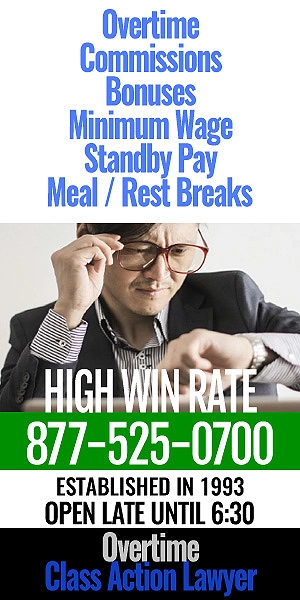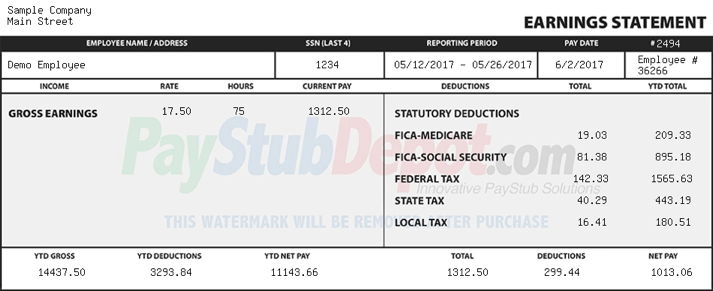


In most cases a job can force you to work overtime. If an employer forces a nonexempt hourly employee to work overtime, and does not pay them for overtime they should hire a lawyer. An exempt employee can be forced to work more than 8 hours in a day. There are some exceptions that do not permit an employer to require a nonexempt hourly employee to work overtime.
One exception to being forced to work overtime occurs with healthcare workers. If the employee is working in healthcare under an alternative work week agreement and the number of hours in a 24 hour period will exceed 13 that violates the alternative work week agreement. Under those circumstances the issue may be less that the employer cannot legally require the employee to work overtime, and more the alternative work week arrangement may no longer be valid and the employee may be owed overtime pay.
Other exceptions pertain to truck drivers under the Federal Motors Carriers Act. If the employer forces overtime driving in excess of the daily hours that can be driven without DOT reset periods, or other breaks, the employee should consult an employment lawyer to find out if they should quit the job and sue if they are still employed. Otherwise, the employee may have a wrongful termination lawsuit if they are fired for complaining about being forced to work in excess of DOT driving limitations.
A third exception to being forced to work overtime exists if the employer is working the employee 7 days a week without any days off. While this can occur for a certain period of time, by the 4th consecutive week the employee is supposed to get a day off. This is a complicated labor issue that demands analysis by an experienced employee lawyer.
A popular issue for employees being forced to work very long hours, besides whether they are being properly paid, or their employer can make them work certain hours per week, is safety. When an employee feels excessive work in a day, or week, creates health and safety concerns it is best to reach out to a labor lawyer by calling (323) 525-1600.
Once an employer has required an employee to work seven consecutive days without a day off, special overtime rules apply. California Labor Code Section 510(a) states, “The first eight hours on the seventh day of work in any one workweek shall be compensated at the rate of no less than one and a one-half- times the regular rate of pay for an employee.” In addition, “Work over 8 on the 7th consecutive work day in a week is compensated at double time.” This is different than the normal law because double time is usually only due for work in excess of 12 hours in a day.

The Employment Lawyers Group has handled their share of cases, including through trial, in which the employer has created a very strange work schedule. The existence of 6 days, 7 days, or weeks straight of work raises questions whether overtime and double time has been paid correctly. There may also be questions whether there is adequate time between shifts. We have also found that employers that require such extensive overtime and days worked are probably not allowing their employees to take meal or rest breaks.
Employees should bring their overtime cases as soon as they are ready. Depending on how an employment lawyer can prove the overtime case, it may at a certain point be problematic if the employee keeps working excess overtime that remains unpaid, or improperly paid. Overtime lawsuits do have statutes of limitation. Although the statute of limitations is fairly long, long term employees may find themselves losing some of the years of their potential overtime claims if they wait too long. Additionally, it is best to bring the lawsuit before memories fade and it becomes difficult to reconstruct the employee’s true working conditions opposed to what may be entered in bogus pay records maybe the employee did not fill out themselves.
Overtime lawsuits can be brought by one person, groups of people, or entire classes of workers. When you call (323) 525-1600 an experienced overtime attorney will guide you in the direction of what is feasible, and in your best interest. Sometimes it is best not to bring a class action. At other times it is best to see if there are coworkers who had similar experiences and will join the lawsuit.
The hardest decision is whether an employee should bring the overtime case while they are still employed at the employer they want to sue. That is a person decision that can be made in conjunction with the advice of an ethical and realistic labor lawyer.
The Employment Lawyers Group has recovered many millions for workers for unpaid overtime. Reach out to us if you are ready to start a case. (323) 525-1600